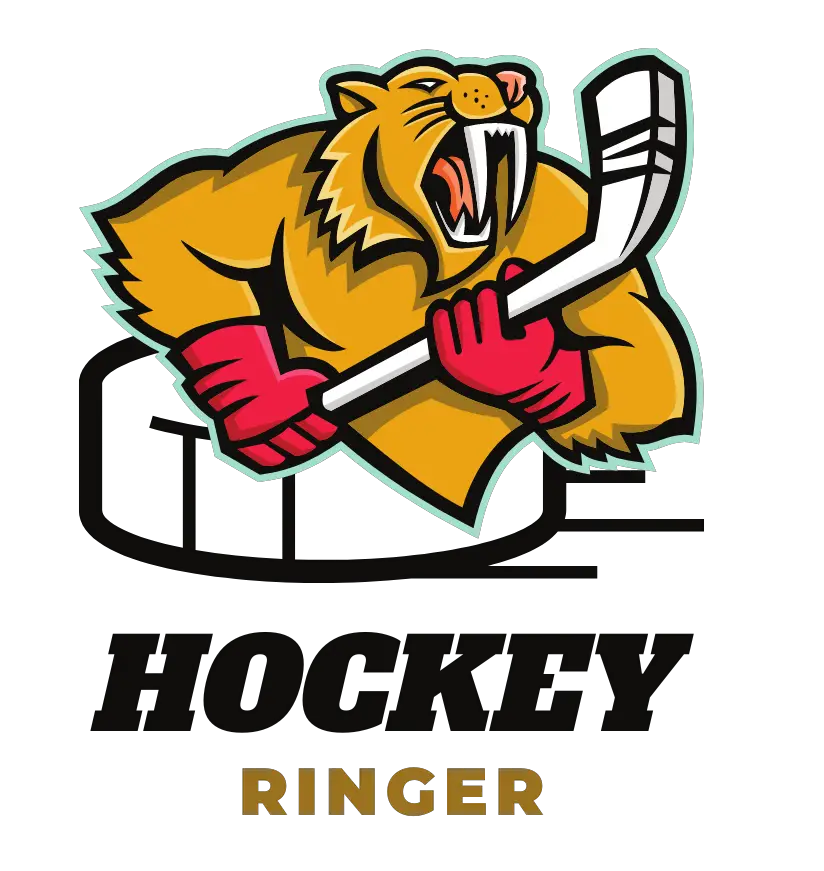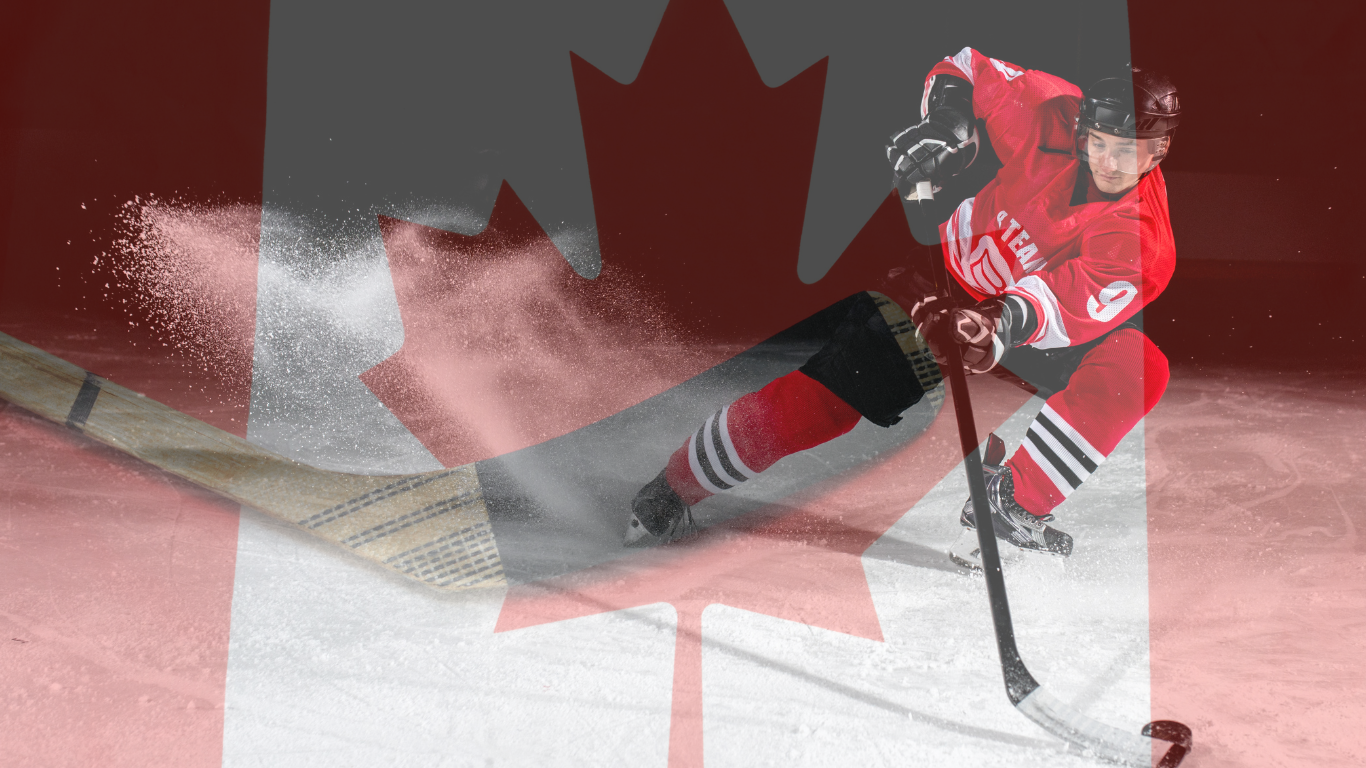There are several paths to becoming an NHL UFA. These paths will be determined by the age of the player, as well as the number of seasons/games that they managed to play. The most common path to becoming an NHL UFA is to either be a minimum of 27-years-old or have 7 seasons played in the NHL. Although, there are options available for people that have played less than this.
On this page, I want to look at the various paths to becoming a UFA in the NHL. Remember, these restrictions only apply to the NHL. Players could, in theory, be a restricted free agent in the NHL but be unrestricted in other leagues.
Remember, the pathways to becoming a UFA are deliberately restrictive. It can be incredibly tough to qualify as a UFA. This is because the NHL wants to prevent good players being snapped up with no compensation to the team that invested vast sums of cash into developing them as a player.
Group 3 Unrestricted Free Agents
This is probably the most common path to becoming a UFA in the NHL. You will find that many players that are entering their twilight years in the game will come under Group 3.
In order to be entered a Group 3 UFA, the player must have an expiring contract with their current team. This should expire by June 30th, at the latest. The player must also meet one of these two criteria:
- The player must be at least 27-years-old by June 30th
- The player must have played 7-seasons in the NHL.
It can’t just be any old season, though. The player must have been named on the roster for at least 40 games of that season. This is going to be 30 games for goalkeepers. If they haven’t been named on the roster for the minimum number of games, then they can’t claim that as a ‘played season’. So, if they are under 27-years-old, they wouldn’t qualify as a Group 3 UFA.

Group 6 Unrestricted Free Agents
As I just noted, if you want to qualify as a Group 3 UFA, then your UFA qualifying seasons must have been in the NHL. Group 6 has no such requirement. Instead, this group focuses on the number of qualifying games that a player has played.
In order to qualify as a Group 6 UFA, you must be at least 25-years-old. If you are under 25, then you will be categorized under one of the other UFA groups.
You must also have a contract that is set to expire i.e. there is no chance that your team is planning on renewing it. The contract must have expired by June 30th.
This is where things start to get a little bit more complicated. This is because there is a game requirement in place to be categorized under Group 6. Well, at least a game requirement in relation to the NHL.
In order to qualify for Group 6, a player must have played under 80 games in the NHL if they are an outfield player. If they are a goalie, then they must have played under 28 games in the NHL. However, each of those games must have resulted in them being out on the ice for at least 30-minutes.
As I said at the start of this section, it isn’t just about the NHL here, though. This is a route for international players to get into the NHL when they do not qualify for the NHL Entry Draft.
The player must have 3 completed Professional seasons. However, what is classed as Professional season will be dependent on the age of the player:
- A professional season for a player aged between 18 and 19 is a minimum of 11 games.
- A professional season for a player older than 20 is a minimum of 1 professional game.
Professional leagues can be found all over the world. However, it normally applies to minor leagues in the US, the NHL, and European professional leagues.
Restricted Free Agent to UFA (Group 2)
If an NHL player has an expiring or expired contract but does not meet the requirements for the previous two groups, then they are known as a Restricted Free Agent, or RFA for short. This means that they are eligible to receive a qualifying offer from a team in the league. They do not have to go through the draft process in order to receive this qualifying offer.
However, if the player does not receive a qualifying offer, they will become an Unrestricted Free Agent on the 1st of July. A lot of quality players, particularly those in their prime, would love to receive Unrestricted Free Agent status by going down this route. This is because bidding wars can often happen, and they will often be able to command a far, far higher salary than they would as an RFA. Although, of course, the chances of a decent player getting to become a Group 2 UFA will be incredibly rare.
Unselected Draftees
If a player is not selected in a draft that they are eligible for, then they automatically become a UFA. This will happen straight after the draft. Of course, it is unlikely that this will happen. Many of the best players will have been picked up in the draft and teams will be negotiating with them rather than focusing on the players that were not picked during the draft.
As with draftees, unselected draftees will not be able to sign their contract until the 1st of July.
Players Not Eligible for NHL Entry Draft
If a player does not meet the criteria listed above, but they are not able to enter the NHL Entry Draft due to restrictions, then they will be a UFA. This means that all players that could potentially play in the NHL but are outside of these criteria:
- Players from North America aged 18 to 20
- International players aged 18-21.
So, if a player lost their contract at the age of 22 and they have only played a couple of seasons, they wouldn’t be allowed to enter into the NHL Entry Draft. However, they would still be able to qualify as a UFA as long as there isn’t anything else that is restricting them.
Final Word
Teams love to keep their hands on their players, even if their contract is expiring. Remember, if a player remains a restricted free agent, then the team losing them is entitled to compensation in the form of draft picks. The last thing that a team wants is for that player to become a UFA because it can have an impact on their performance in the draft.
The players, on the other hand, would love to be a UFA. Well, at least if they are a quality player. It makes it easy for them to command the best prices for their services. While the NHL does have many paths toward becoming a UFA, they are rather complicated. This is to help ensure that teams are compensated for the development of their players.
If a player is eligible to be a UFA, then you can bet your bottom dollar that their agent is going to let them know.



